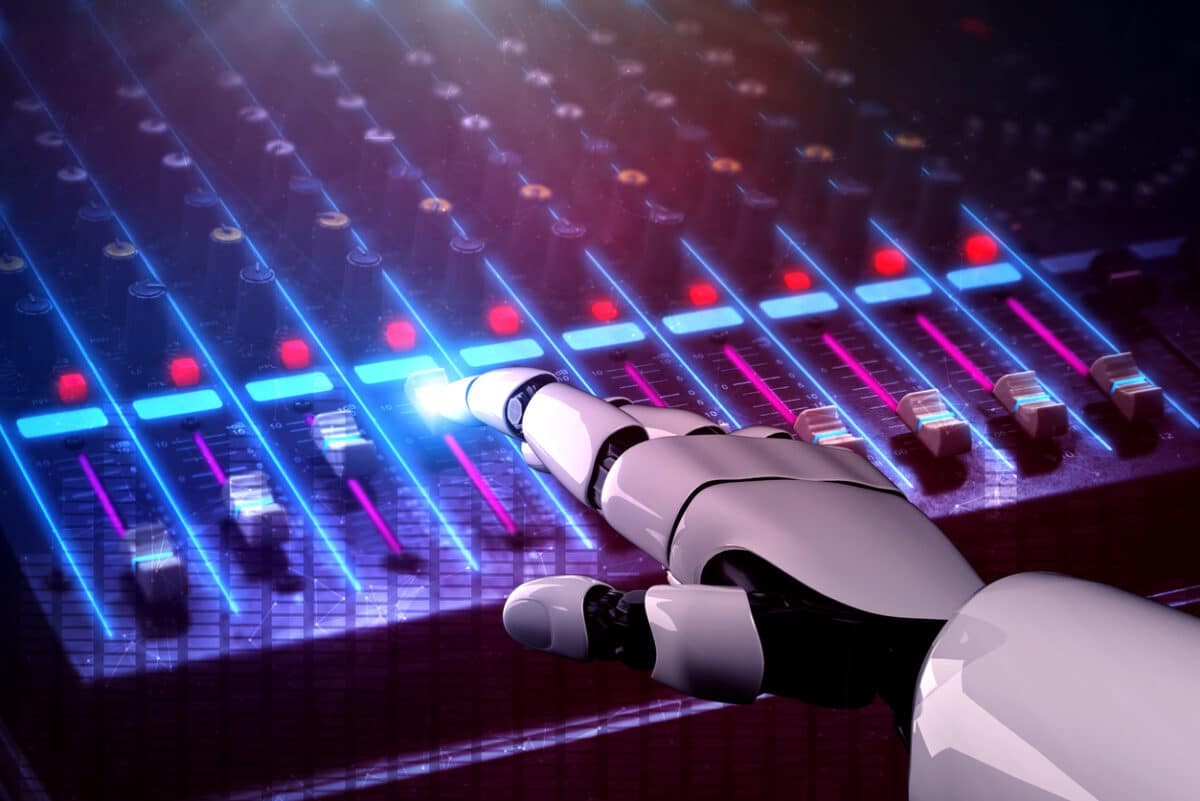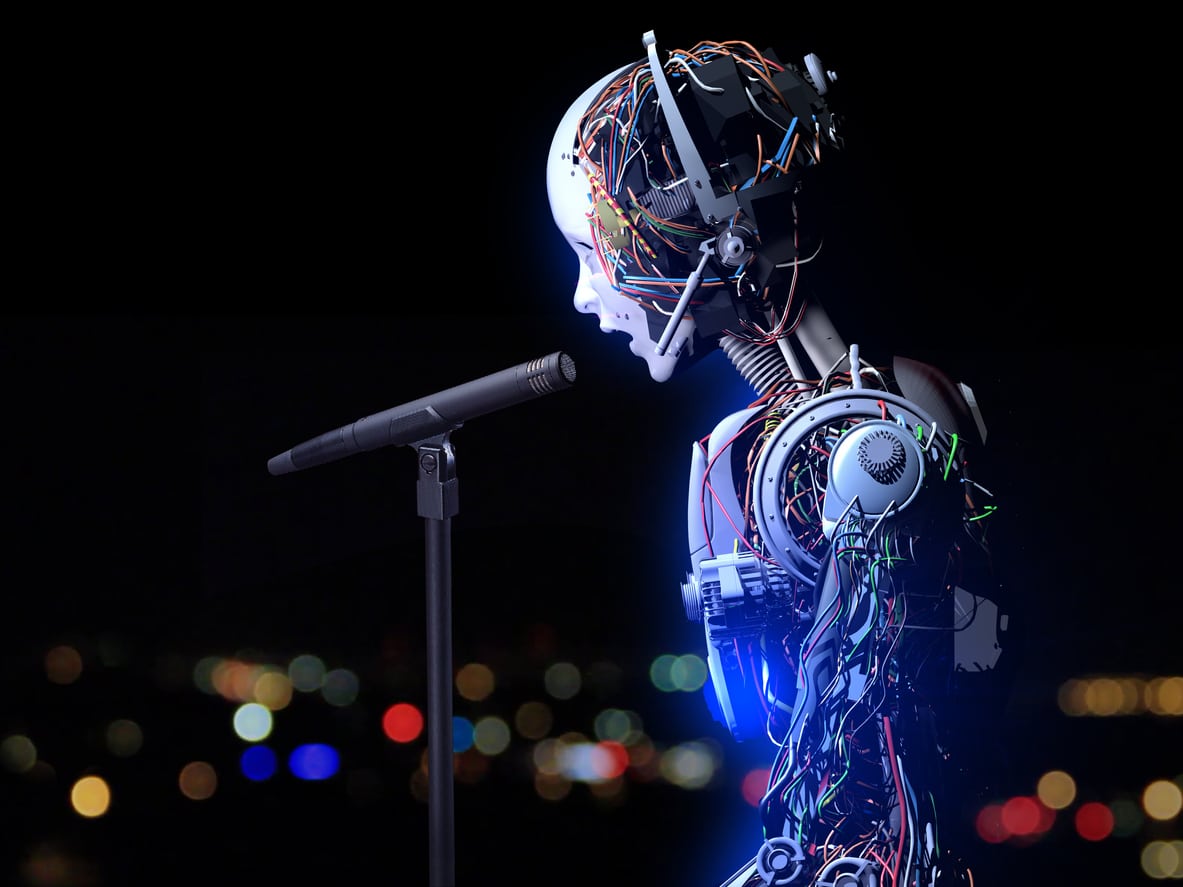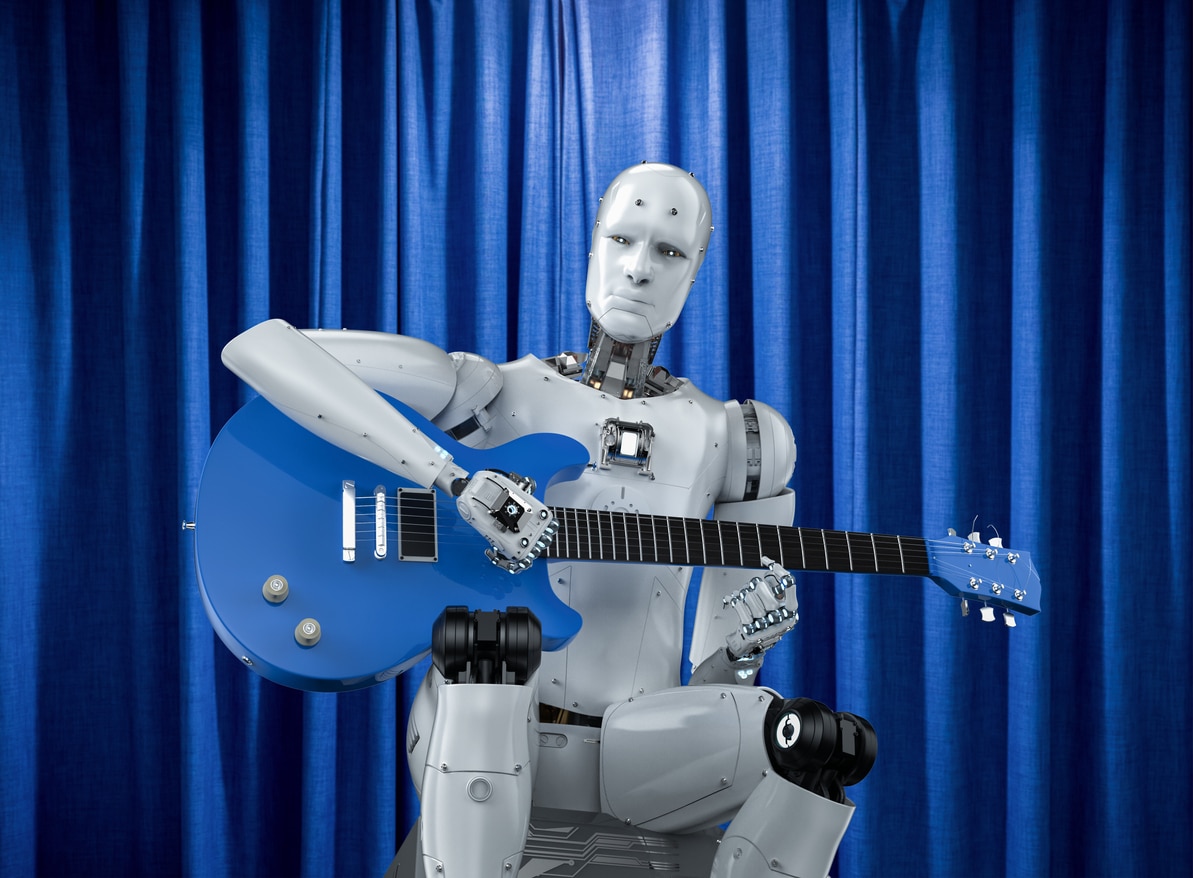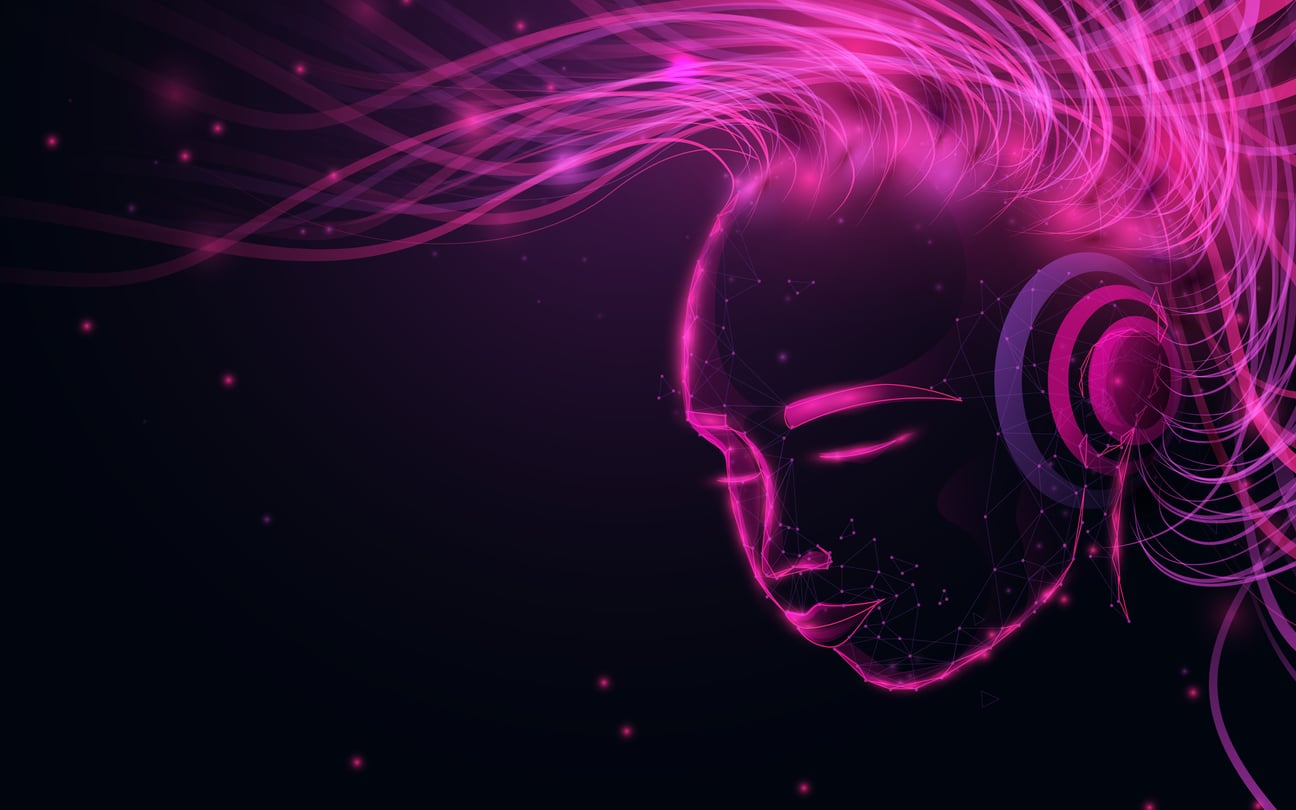We all have our favorite decades and styles when it comes to music. But recently, a massive change-up in the music industry is occurring thanks to artificial intelligence. Yep, AI is even a thing in that realm as well. But exactly how is artificial intelligence changing the face of music? Here’s the scoop.
Remember the good old days of music, aka the early 1980s and before, when both singers and musicians had to rely on their skills to make great music? There was no such thing as auto-tuning a voice or computer program that emulated the sounds of instruments. For me (and this is my personal opinion. No offense to you if you have a different one.), I always adored that when I went to a live concert, the band, and its singers sounded just like they did on cassette or vinyl.
With the addition of computers creating music, there was a big push in the industry for music, starting with keyboards instead of pianos. Sure, they could make the sound of a piano, but it was apparent when they did. Yes, I was all in for 80’s pop and alternative music that used the latest technologies, too. It was new, fun, cool, and unique – all good things. Give me jelly bracelets, charm necklaces, and a side ponytail, and I’m good to go.
Fast forward to the present day, where not only are computers being used to help make music, they ARE making music. Yep, all you need to do is tell an AI platform to compose, give it a few instructions, and VOILA! You’ve got yourself a song. There’s no need for a creative mind, musical skill, or even a basic understanding of song construction to make a catchy tune.
And if you really want your mind blown, streaming services carry these artificially-created songs to listen to and download. So, let’s dig into the future of music using artificial intelligence and how it will affect musicians, singers, and listeners.
What’s Next for AI Music?

Quick story about me: I married a handsome musician. He plays woodwind, percussive chordophone (aka, piano), percussion, and brass instruments, but his real forte is the stringed variety. He has his own small music studio (affectionately called the Beat Laboratory – thanks, “Step Brothers”), and he’s in it nearly every day, fiddling around with a tune he’s made up in his head or working on one that’s already established.
What I love about being on the other side of the door is hearing the evolution of his music. What starts as an acoustic guitar or piano lick, when given a few days or months, progresses into a full-blown, beautiful song – he’s even written one for me that’s absolutely adorable. I can hear the passion in his voice when he sings his own songs’ lyrics, and I find it so endearing.
I can hear his musical influences in plenty of his tunes, or sometimes I’ll think, “Where did that one come from?” as it sounds like nothing I’ve ever heard before. But they’re all creatively original, as are the lyrics that go with them if the song warrants them.
Sadly, with AI music, that creativity is gone. Songs will be mediocre at best and musical attribution will no longer be by a musician but instead may reflect which artificial intelligence program wrote it. With regard to lyrics, the authentic emotion is not there, as computer programs just can’t get it exactly right yet.
On the other side of the coin, AI can help musicians with musical blocks to flesh out their songs. It can also expand on a song idea and take it to a place a musical artist may not have thought of. As with everything, evolution (particularly in technology) will never stop, and that goes for how music is created. Additionally, musical creators that may not have access to instruments or the like will now have an affordable way to make their songs how they want to.
And then there’s the fact that AI music can be created much faster than a usual song would take, thereby giving a person the means to put a lot of music online in a short amount of time with the hope that one of the songs may go viral to make money. It’s a concept that is still evolving, but it is worth noting that there’s a “quantity over quality” aspect to AI music.
Artificial Intelligence – A Niche in the Music Market?

If you’re like I am, when I find a new artist or composer that moves me emotionally, I’m 100% in. I want to listen to everything the artist has to offer, learn his or her backstory, and listen to the songs until I know them by heart. Ask my husband: there’s not a 1980s song that I don’t know the lyrics to or the artist who sang it because that’s how I am. We all have our own musical tastes or niche that makes us happy.
We can call AI music a musical niche as well. There will be super fans; there’ll be those that despise it, and then there will be folks that simply say, “Meh.” in a take-it-or-leave-it kind of way.
Artificial Intelligence Music and Copyright Infringement

As of right now, music created by artificial intelligence, even if given creative prompts from a human, has no copyright law to protect the works. What’s more, there are AI programs that copy popular artists’ singing styles and voices and overlay them onto a song, karaoke style.
When scrolling TikTok recently, it caught me really off guard to hear a couple of my favorite modern singers crooning along to songs sung by other artists. My first thought was, “Cool. Nice cover.” and then I learned that the singer had absolutely nothing to do with singing the song – no credit, no royalties, nada. These “AI-manipulated” songs are becoming more popular each day.
Read Next:
Met Gala: Our Top Picks for the Best Dressed Prime Women







